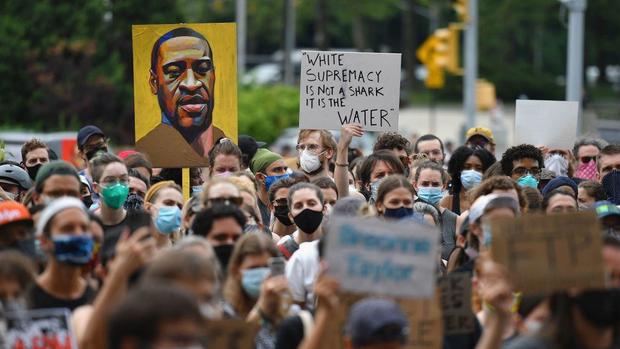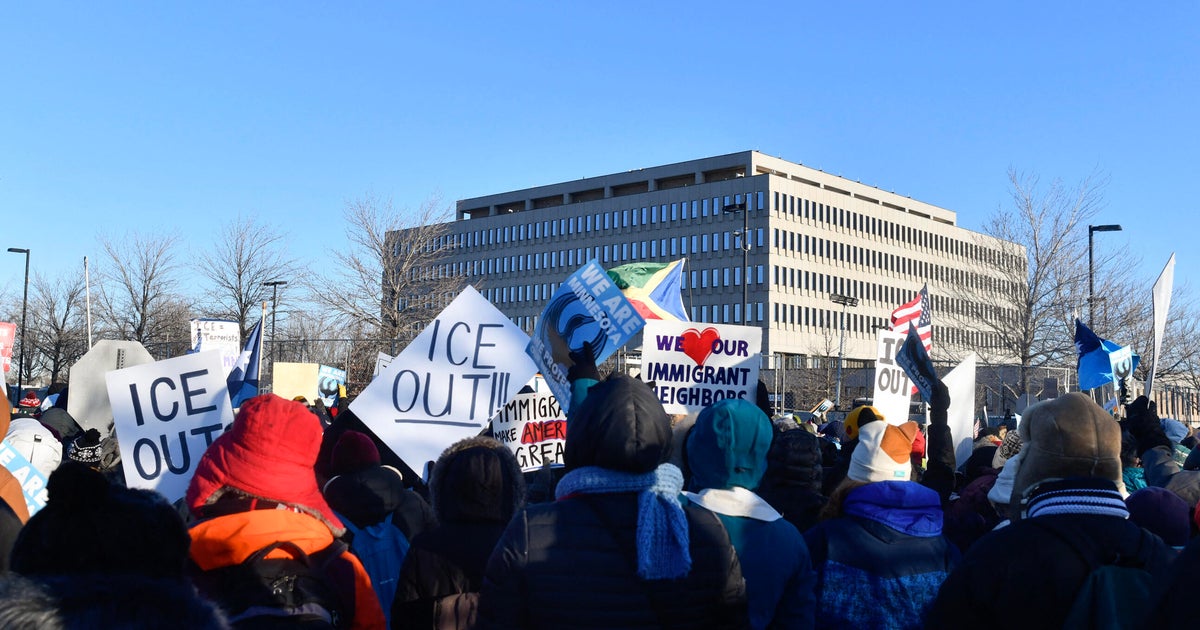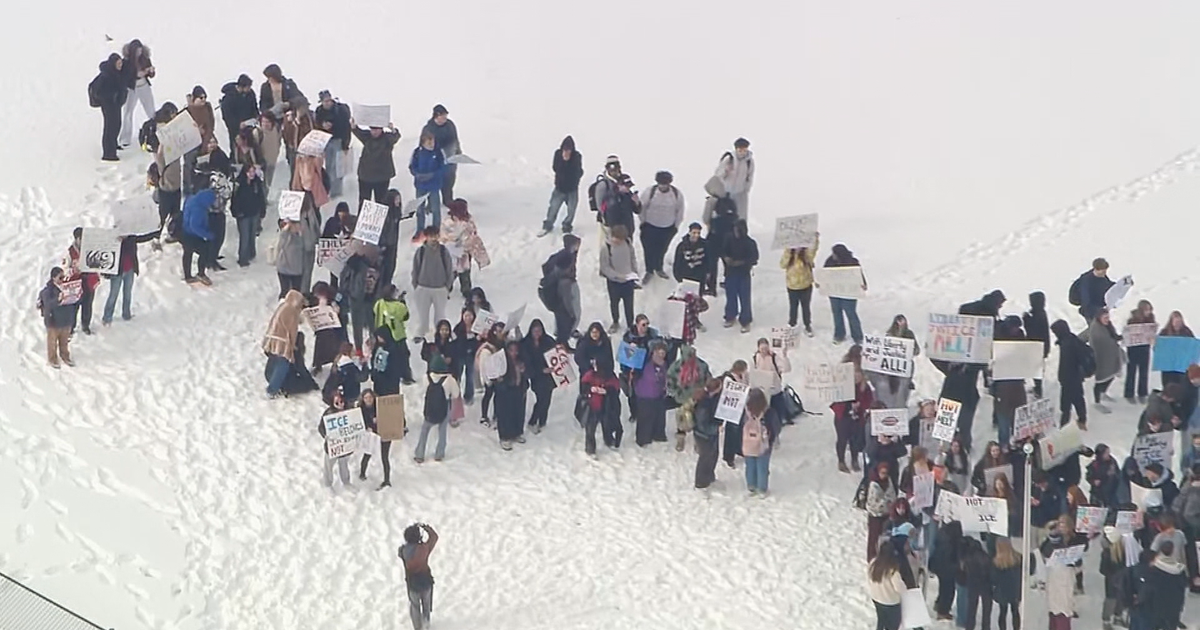Gottlieb says there's "no question" protests will increase coronavirus spread
Washington — As tens of thousands of demonstrators have marched in cities across the country calling for an end to police brutality, Dr. Scott Gottlieb, the former head of the Food and Drug Administration, warned Sunday there's "no question" the protests will lead to a spike in coronavirus infections.
"We're certainly going to see transmission coming out of these gatherings. There's no question about that," Gottlieb said on "Face the Nation," adding that in the U.S., the prevalence of coronavirus infection is about one in every 200 people. "I think the idea of reducing the risk from these protests is a shared responsibility. There's steps that the protesters can take, and you see many of them wearing masks in these protests and understanding the risks."
The demonstrations in response to the death of George Floyd in Minneapolis last month come against the backdrop of the coronavirus pandemic, which has claimed the lives of nearly 110,000 people in the U.S., according to Johns Hopkins University.
The number of new coronavirus cases and hospitalizations is declining in many areas, and states have begun a phased reopening of their economies, allowing retailers, restaurants and salons to begin accepting customers once more. But Gottlieb said in places like New York City, which has reported a significant decline in hospitalizations, there likely will be a spike in coronavirus cases sparked by the protests.
"We're likely to see cases go up. I think trying to tease out what the contribution is from the protests versus the contribution just of the general reopening is going to be hard," he said, noting it will be several weeks before the impacts become clear.
Gottlieb said there are precautions that both law enforcement and demonstrators can take to protect themselves from getting infected and spreading the virus to others, including the wearing of masks, practicing social distancing when they can and avoiding coming into contact with the elderly or other vulnerable populations.
"The protesters understood the risks, many of them," he said. "I think that's evidenced by the fact that they wore masks and they made a judgment that they were worth the risk in terms of going out and protesting what are legitimate underlying grievances."




